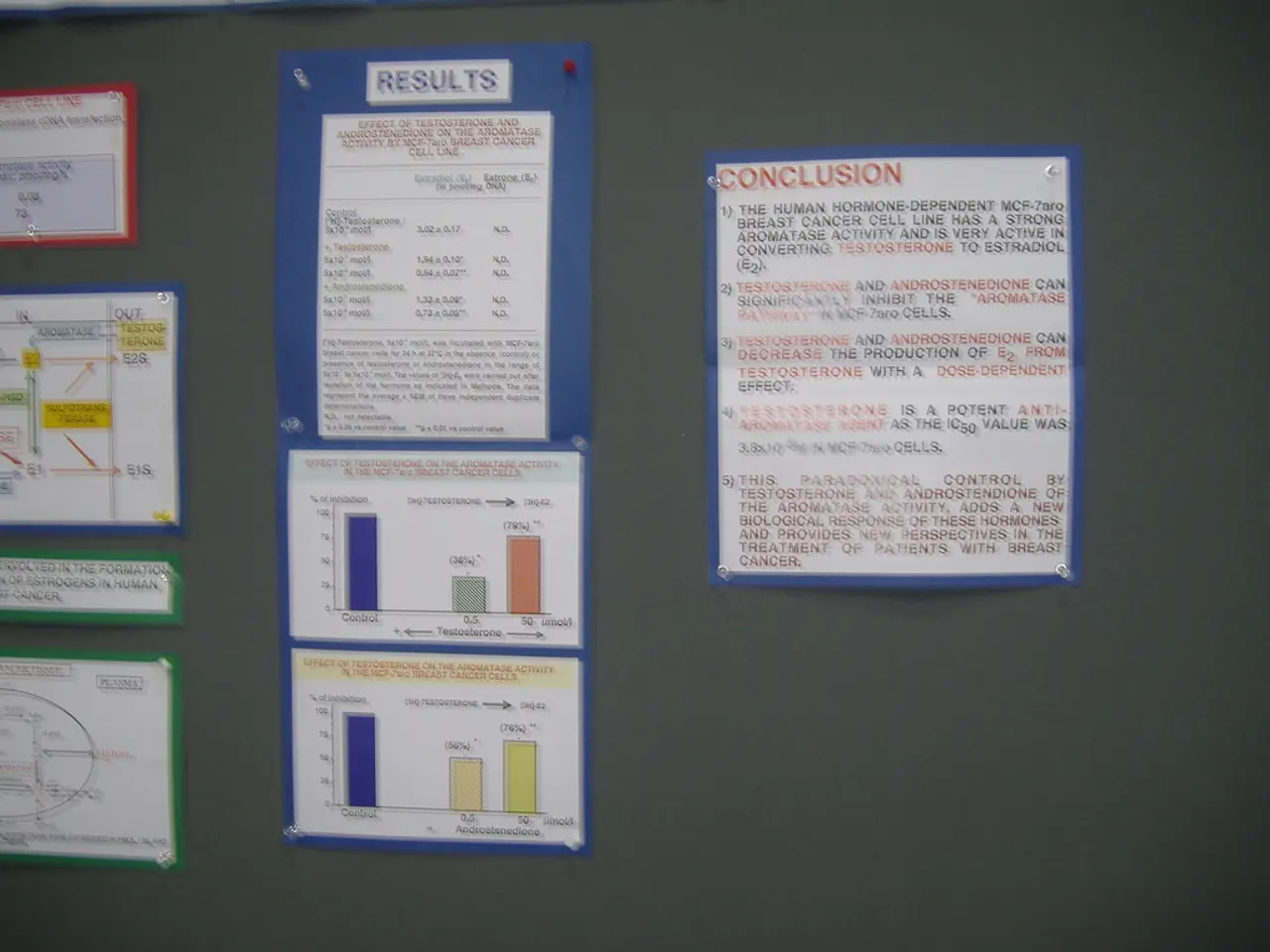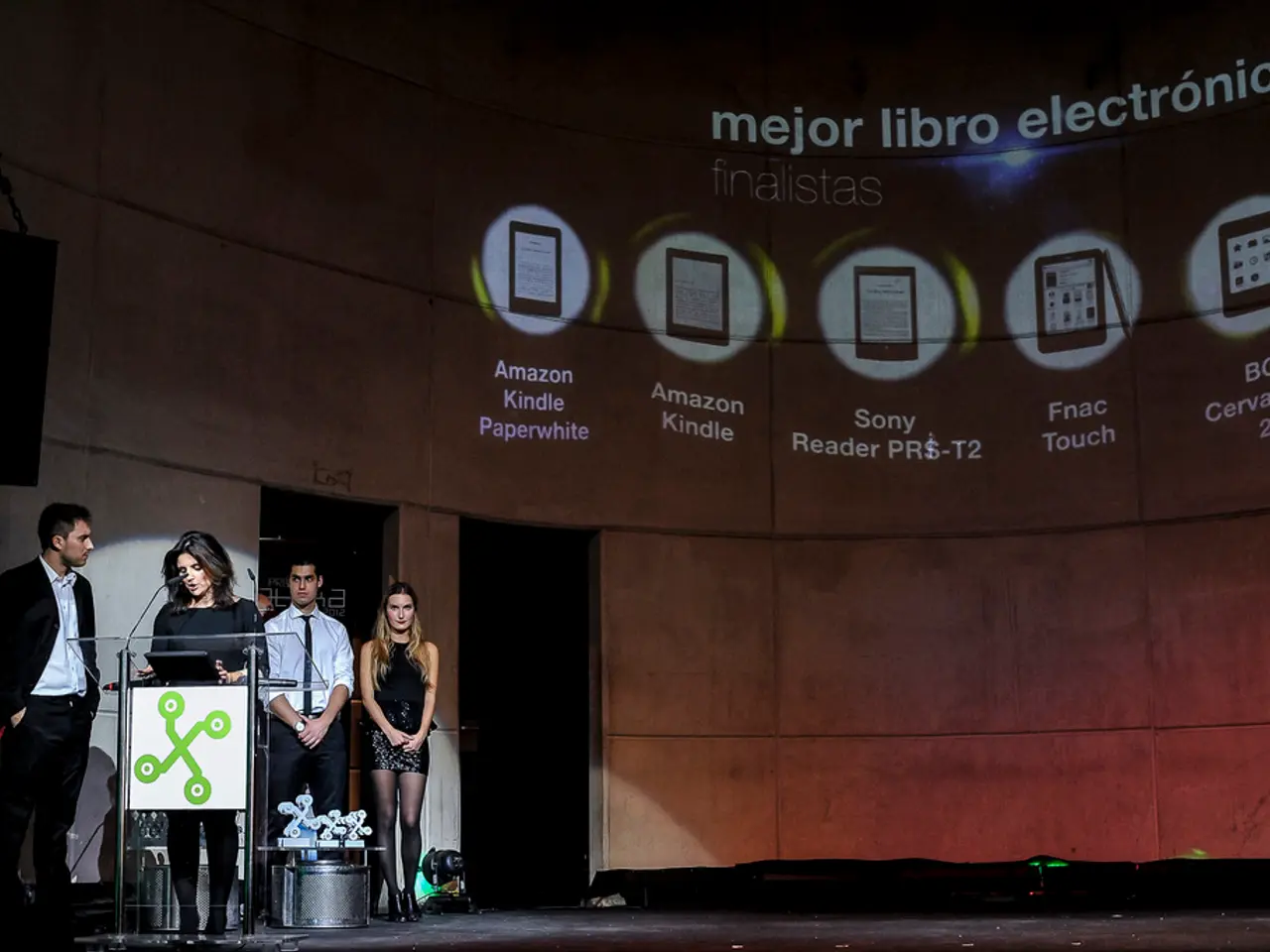Unresolvable Housing Financial Obligations Remain a Persistent Problem
Russia has embarked on an experiment with automated debt collection for utility bills in several regions, as part of its efforts to modernize debt recovery mechanisms. While the specific regions participating in this experiment, the criteria for their selection, and a comprehensive plan for nationwide rollout remain undisclosed, the initiative is set to begin on July 1, 2025, and run until June 30, 2026.
The automation aims to significantly streamline the debt recovery process, with a target of reducing recovery periods to three to five months and eliminating 95% of paperwork. Participating companies and resource-supplying organizations will be able to generate debt documents in the GIS JKH system with a single button press, and these documents will be automatically sent to the GAС Pravoсудие system for court decisions on debt recovery.
The list of participating regions in the experiment is expected to be announced in the coming weeks. Once initiated, users will receive notifications on "Gosuslugi," which will serve as official notice of the commencement of legal proceedings. The court order will again be sent to the debtor via Gosuslugi and transmitted to bailiffs.
The Magadan News in Telegram group serves as a platform for discussion about the potential impact of the automated debt collection system on various regions, including Magadan and Magadan Oblast. The group provides insights into the broader economic pressures and the drive to stabilize public finances that may be motivating Russia's experiment with automation.
It's worth noting that globally, there is a rising trend towards employing AI-powered voice agents and automated systems to enhance debt collection efficiency. While this is more documented in contexts such as the US and Europe, similar technologies may influence Russia’s experiments.
After the experiment concludes on June 30, 2026, authorities will decide on nationwide implementation of the automated debt collection system. The voluntary participation in the experiment requires submission of an application to GIS JKH according to established criteria.
[References omitted for brevity]
The automated debt collection experiment, centered around utility bills, is expected to leverage advanced technology in Russia's business and finance sectors, with a goal to streamline the debt recovery process. This system, if successful, could potentially generate debt documents with a single button press in the GIS JKH system, thereby reducing paperwork and expediting court decisions.







